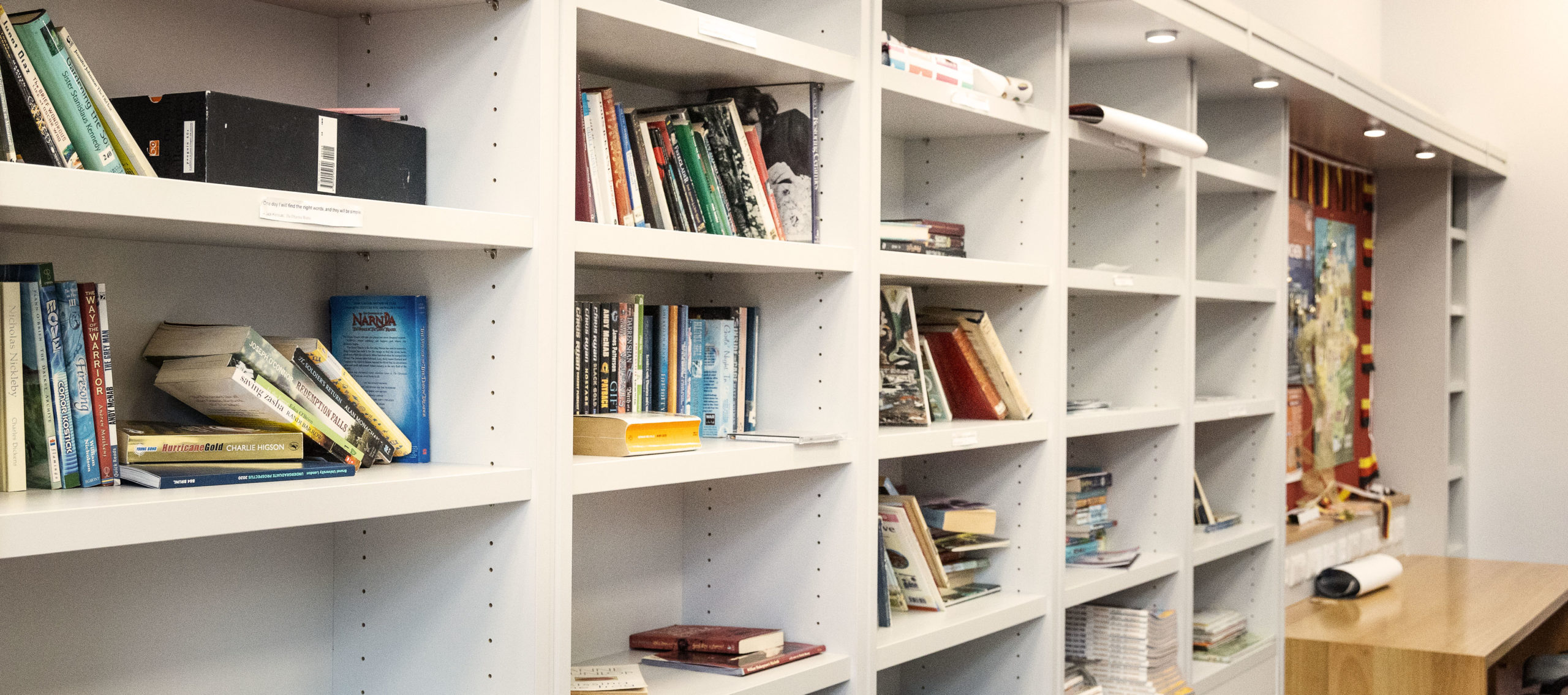

Additional Needs Education is where students require additional help with access to the curriculum for a variety of reasons.
The General Allocation Model of Support is offered in secondary schools. This means Additional Needs Education is open to all students, with or without a diagnosis of disability, where a need is present.
At second level, the classroom teacher has primary responsibility for supporting students with additional needs. Where a need cannot be sufficiently supported in the classroom, students can then be supported through short term intervention withdrawal, either 1-to-1, or in a small group for a short period of time, or if the need is more complex, through longer term withdrawal. The level of need is matched with the level of support. This can vary from term-to-term and year-to-year. For some students a short term of support will be sufficient to address their needs, for others, a longer term will be more appropriate.
We also offer co- teaching, where space and timetables allow. This is where two teachers teach in the same room to target a variety of needs.
RACE stands for Reasonable Accommodations in the Certificate Examinations.
At the beginning of each school year, the AEN department timetables all students with additional needs, matching student timetables with available AEN teachers.
Once this is done, parents/guardians are contacted by a member of the AEN department to verify that this is suitable and discuss any other concerns there may be.
AEN teachers will set targets for the intervention period in consultation with the student and parents/guardians.
If at any point changes need to be made, an intervention is coming to an end, or it is necessary to test a student a member of the AEN department will always contact parents/guardians in advance.
Parents/guardians are free to contact the AEN department at any point through the school office.